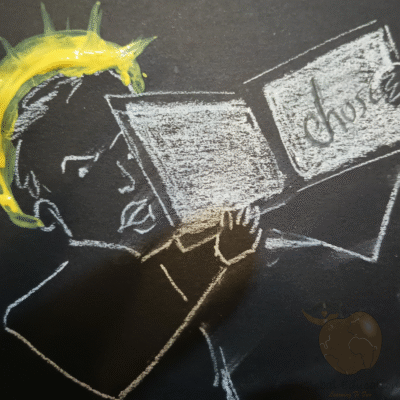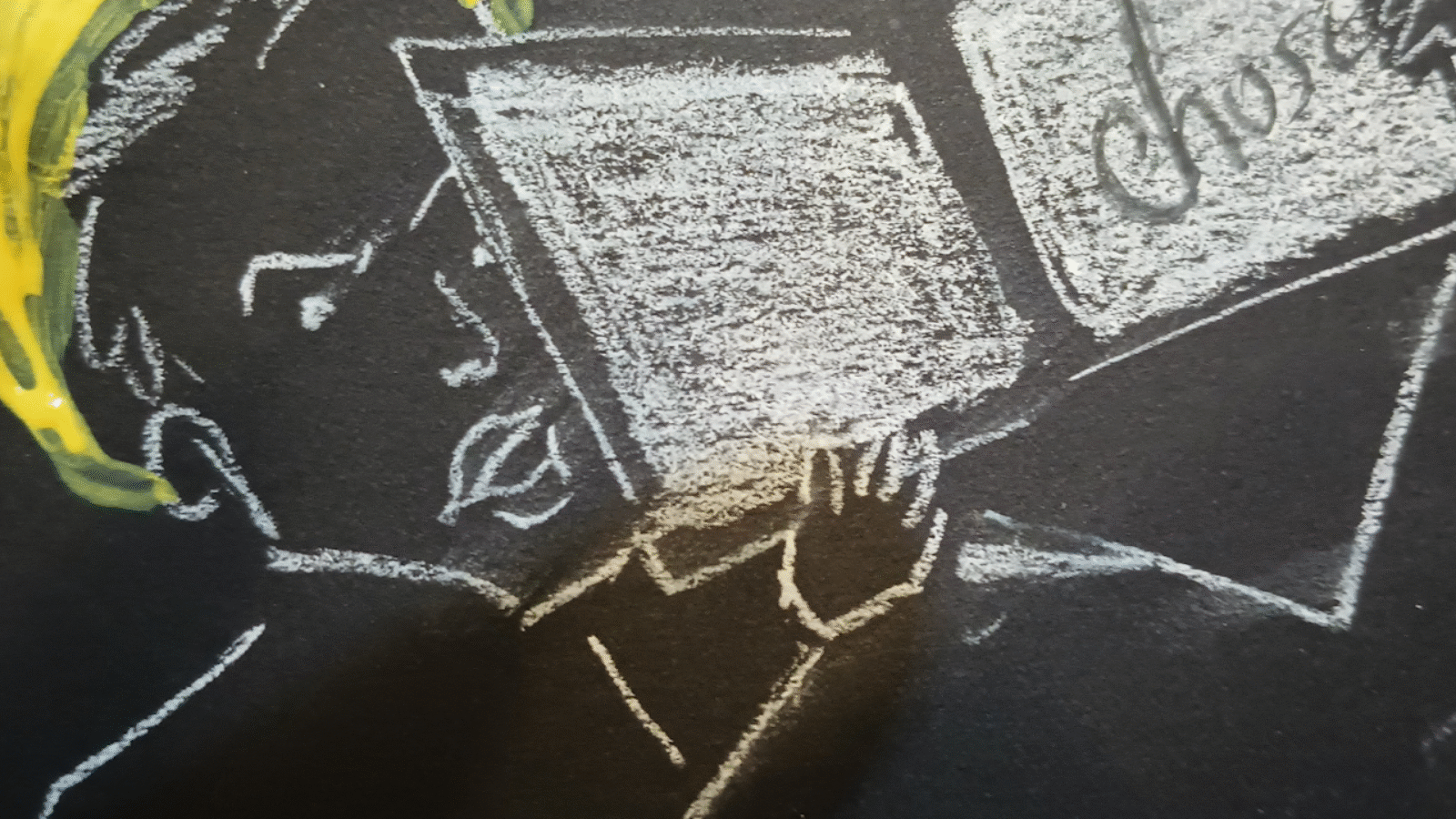
A Nation of Overworked, Undervalued Teachers.
Deep Inequality and Disconnected Funding
Mental Health Crises in Every Hallway
Standardized Testing Dependency
Rethinking the Future of Education in the US
The key issues facing the education system in the US won’t be solved by patchwork solutions. We need to build from the ground up: schools that trust teachers, empower students, and treat learning not as a race, but as a meaningful journey.
At Global Edutopia, we know that change isn’t just possible; it’s already happening, but it needs a push to keep the momentum going.
Our mission is to amplify the ideas, voices, and stories that are shaping the next chapter of education. Join us if you’re ready to be part of a future where learning is joyful, just, and human.
FAQ's
How is technology in US classrooms evolving beyond devices and apps?
Schools are experimenting with AI-driven tutoring, augmented reality labs, and digital portfolios. Whether this helps the classroom or not, however, often depends on how both teacher and students use the technology in and outside the classroom.
Why do so many problems in the US education system persist?
Many solutions get trapped between politics and bureaucracy, and the firm belief that change that has worked in other countries won’t work in the U.S. There’s simply an appalling lack of vision, and without it, or continuity across leadership transitions, even promising ideas lose momentum.
What makes the challenges in American education so complex?
They’re interconnected and often impacted by outside systems: housing policy affects school zoning, healthcare gaps affect student performance, and economic inequality shapes educational outcomes. It’s never just one thing.
What does Global Edutopia have to do with education reform?
We do our part by turning learning into storytelling in order to make it more relatable. Our work helps reimagine classrooms as places of wonder, not just routine, and though it may not change the system, it can give teachers, parents, and students a new outlook on education.
How is Global Edutopia changing how students engage with the world?
We give them stories that connect cultures, values, and real heroes. When kids see meaning in what they learn, school stops feeling like a box to fit into, and the importance of teaching becomes more evident.

